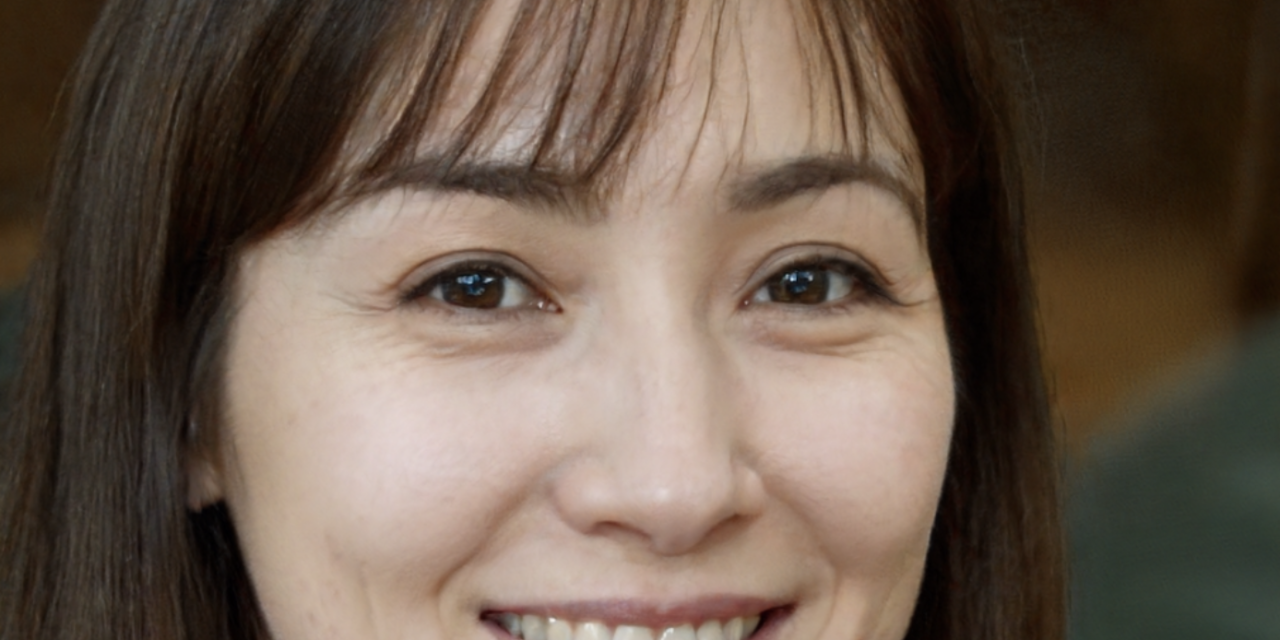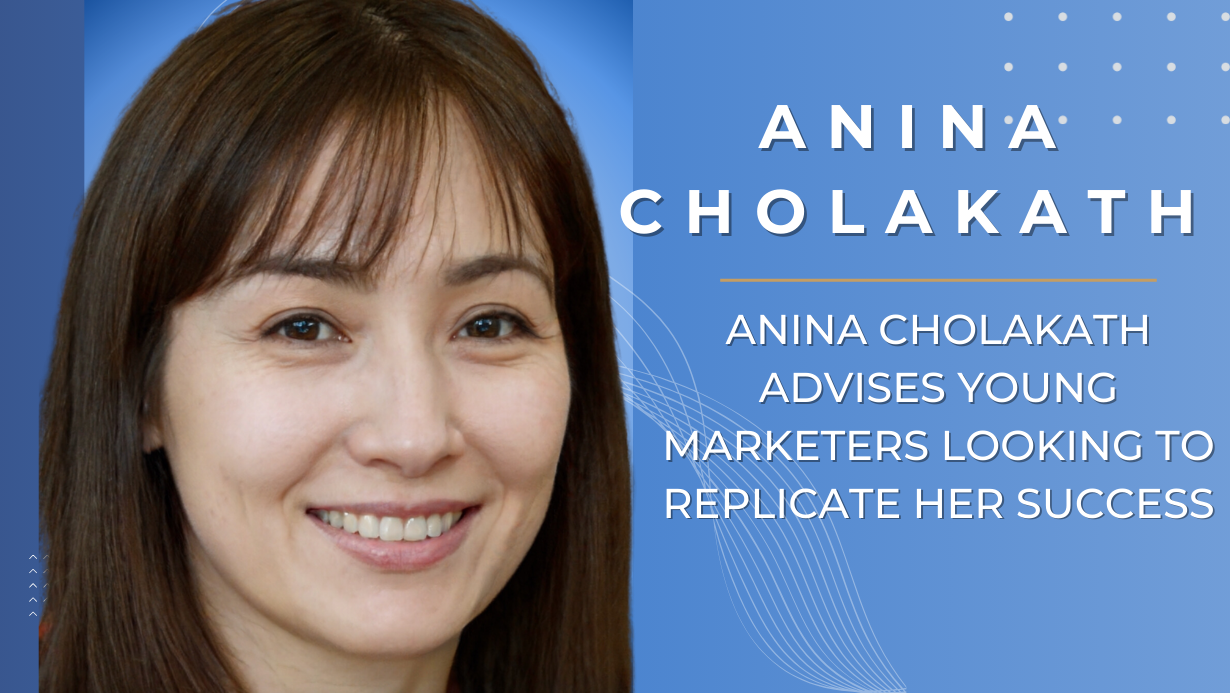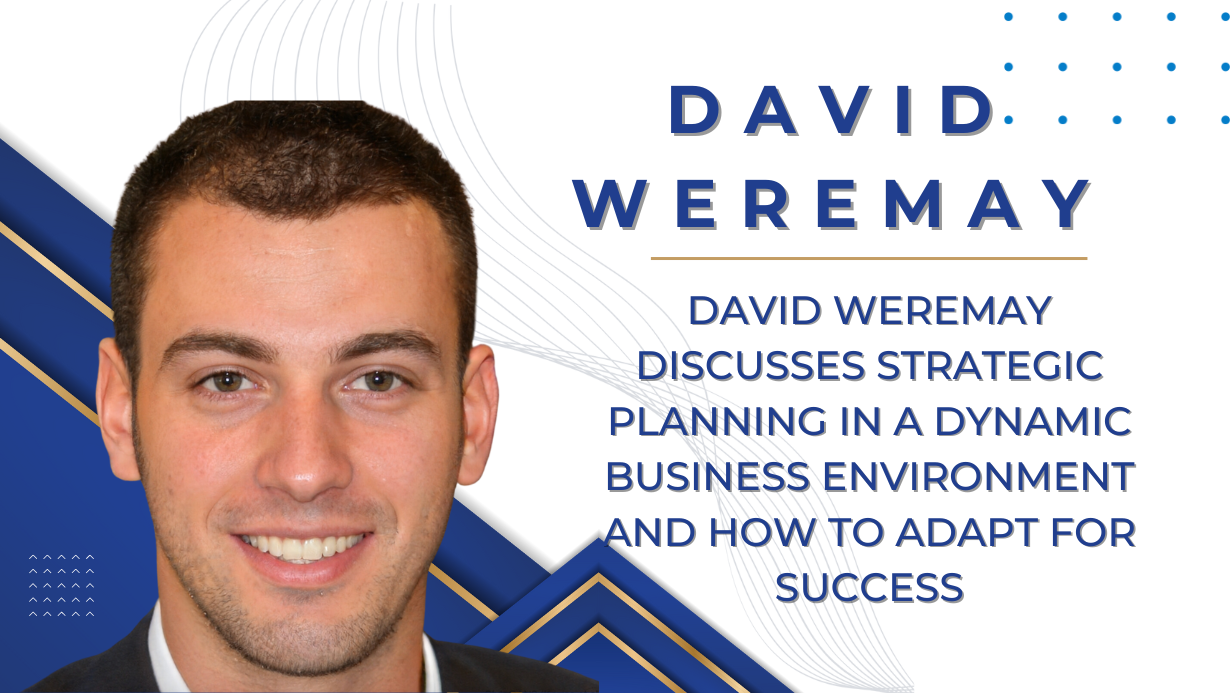Anina Cholakath, a globally recognized marketing executive, boasts a distinguished career spanning over a decade, during which she has lent her expertise to some of the world’s largest corporations. Her impact on these organizations extends beyond sales growth, with a notable focus on elevating brand value through meticulously crafted marketing strategies. Cholakath’s passion for marketing traces back to her formative years, where exposure to her accomplished aunts and uncles in the corporate realm, particularly in marketing, fueled her interest. This early influence steered her academic path, leading her to pursue a degree in business management and subsequently earn an MBA specializing in marketing. From internships to ascending to corporate ranks, Cholakath’s skills garnered swift recognition, enabling her to contribute significantly to various companies. Currently serving as a consultant, she extends her marketing prowess to diverse global entities. Beyond her professional achievements, Cholakath dedicates herself to philanthropy, supporting causes related to climate change and sustainable living for future generations. A fervent traveler, she gains insights into diverse cultures and applies these learnings to her strategic insight as a marketing consultant. Anina Cholakath’s success is a testament to her unwavering commitment to excellence in both professional and philanthropic spheres.
Can you describe a recent marketing strategy you developed for a client that resulted in significant business growth? What key elements contributed to its success?
That would be when I helped a company revamp its brand image by advising them to invest more in relational marketing. The company has a good product, but for some reason, it was not selling. I did my research and found that the communication was wrong across the value chain. Customers were choosing to go with competitors, some of whom were offering lower-quality products. The client implemented my ideas and within a year, their sales had shot up by 50%. I think the key elements that contributed to this success are my background in market research and data analysis, which allowed me to find answers that may not be so obvious to the average person.
How do you approach market research and analysis to identify new opportunities and challenges for a client? Can you provide an example of how this insight informed your strategic recommendations?
I approach market research with an open mind – with zero biases about the outcome. This helps me genuinely seek answers that can help clients improve their marketing strategies and give customers what they need the way they need it. This has informed my strategic recommendations in that I sometimes give clients reports that may seem uncomfortable to implement, but if they implement them, the outcome is always positive. I remember telling a restaurant owner to remove a certain dish from the menu, and they thought I was crazy. However, that is what the data was telling me. It turns out the restaurant’s clientele is keen on social status and believes that having such a dish on the menu could demean their stature. The restaurant followed my recommendations, and customer numbers surged.
As a marketing consultant, how do you stay updated on industry trends and emerging technologies to ensure your strategies remain innovative and effective?
Easy, I am always in contact with fellow professionals within the industry. This can be through social interactions and regularly attending industry-related forums. This helps me learn quickly about impending changes and act quickly. It’s a strategy that works because, so far, I have been able to move with the various changes happening in the marketing landscape.
Can you share an experience where you had to pivot a marketing strategy due to unexpected market changes or external factors? How did you handle the situation, and what was the outcome?
There was a time when a company with international operations wanted me to craft a strategy for launching one of its most successful products in a new country. This was a challenge because I needed to analyze a vast amount of data about the country to figure out whether customers in that country would love the product and how best it would be packaged for them to do so. While this would have been a near-impossible task, I could do it fairly quickly by leveraging the power of machine learning algorithms on social media and other platforms. This helped me have a clear idea of how best the product would be launched, and it worked perfectly.
In your opinion, what role does data and analytics play in developing and refining marketing strategies? Can you provide an example of how you leveraged data to optimize a campaign?
Data and data analytics are so important that, at this point, no serious marketing expert can thrive without some understanding of data analysis. Only through data analysis can you understand what the market wants and how it wants it. As I have already mentioned, it was through advanced data analytics techniques that I helped a company successfully launch a product in a new country and succeed.
How do you approach developing a comprehensive marketing plan that aligns with a client’s overall business objectives? What steps do you take to ensure seamless integration with other business functions?
I first ensure that I understand what the client wants to achieve from their marketing campaign. This ensures that every move I make is geared toward helping clients achieve their core objectives. I always work closely with executives from other departments to ensure that my strategies align with other business functions. Through their input and putting them in the clear on what I am doing, it becomes to have the strategy fully accepted and adopted by the whole organization.
When working with diverse clients, how do you tailor your marketing strategies to meet the unique needs and goals of each organization? Can you provide an example of a successful customization?
This is easy, and it’s because I don’t have a fixed template for marketing strategies. A fixed template would be bound to fail because the business environment is dynamic. For each organization that hires me to craft a marketing strategy for them, I do it based on hard solid data and an understanding of the industry they are operating in. I never try to replicate what works elsewhere. Such shortcuts don’t work in this industry.
As a high-level strategist, how do you balance short-term tactical goals with long-term strategic objectives in your marketing plans?
By taking a holistic approach to marketing strategies. I don’t just confine myself to the theoretical aspects of marketing. I develop strategies that can be broken down into workable work plans and roadmaps. The idea is to make it easy for those implementing the strategy to clarify what to do and why they are doing it.












